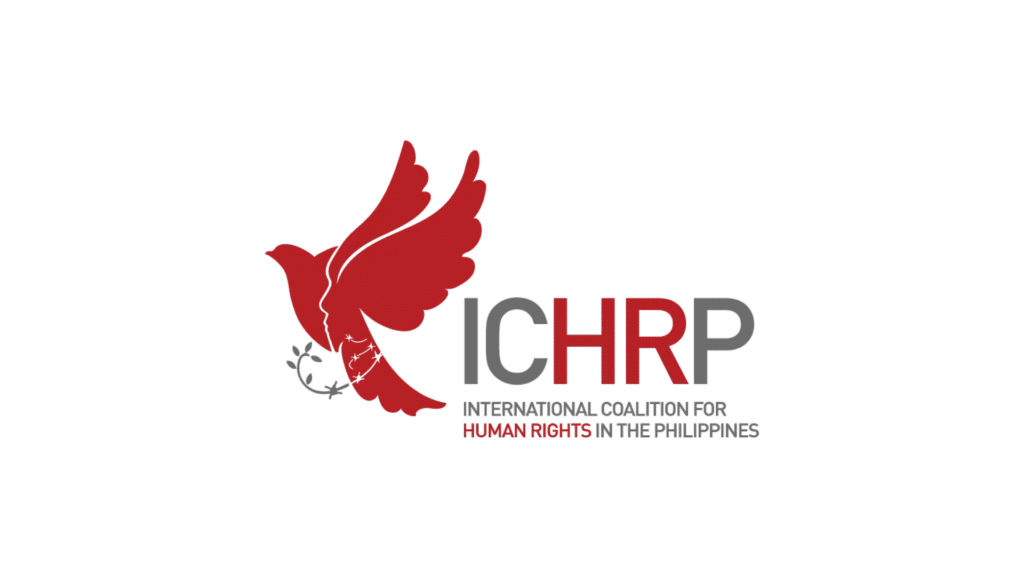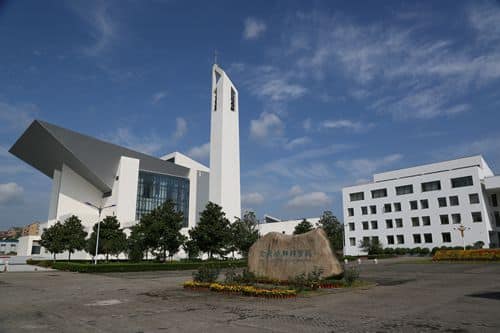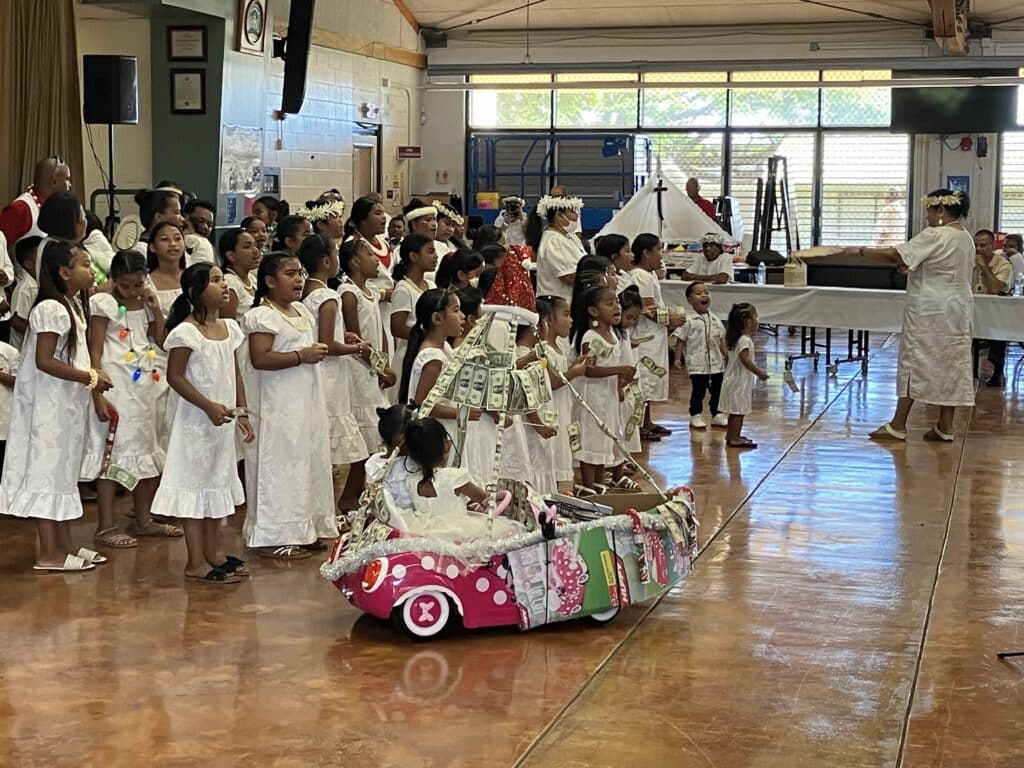Pacific Conference of Churches
The Pacific Conference of Churches is a fellowship of churches that confess the Lord Jesus Christ as God and Savior according to the scriptures and therefore seek to fulfill their common calling to the glory of the one God, Father, Son, and Holy Spirit.
The roots of the Pacific Conference of Churches (PCC) go back to the first consultation of the Pacific Churches, which took place in 1961 at Malua, Western Samoa. The PCC was founded in 1966, at its first assembly on the Loyalty Island of Lifou, New Caledonia. The Conference grew rapidly as new churches joined, particularly the Roman Catholic Bishops’ Conferences of the Pacific, in 1976 and 1991. In 1976, membership was also opened to national councils of churches. The basic principles of the PCC are an ecumenical spirit welcoming all humankind regardless of religion, belief, or ideology; the promotion of justice, peace, and the integrity of creation; the respect of equality between men and women; the recognition of the cultures of population groups; equal sharing of resources; sharing of responsibilities; consistency between word and action. Ecumenism in the Pacific refers not only to the unity of the churches but also to the people of the Pacific islands and the communal life of their communities.
The programmatic activities of the PCC began after its second assembly in 1971 in five areas: Christian education, Christian communication, family life, faith and action, and church and society. The PCC has promoted the role and status of women and has devoted much attention to economic development rooted in the realities of village life. It has taken the lead in dealing with political problems in the region and has spoken out against nuclear testing. In the 1980s, a drastic reduction of programs and organization restructuring became necessary because of the increasing dependence on external funding and other problems.
The themes of the early assemblies reveal the Pacific churches’ will to discern and understand their common calling as instruments of God’s mission. The answer lies in the affirmation of hope, Fenua (the land, a fundamental notion in the Pacific cultures), peace, and the power to liberate.
Among the current programs of the PCC, a high priority is given to capacity building, i.e., the formation of the persons who are, or will be, in charge of the work of the churches and the councils of churches. This includes management skills, vision, and the ability to give leadership. Another high-priority area is empowering young people to assume responsibilities in the church and society. The PCC has listed three more program concerns as having medium-term priority: partnership in mission, the prophetic voice and role of the churches, and women and development. Promoting ecumenical cooperation is a long-term goal of the organization. The last assembly commissioned a group to do a feasibility study of the proposal to bring together the PCC, the Pacific Theological College, and the South Pacific Association of Theological Schools into one Pacific Ecumenical Council.
The Pacific Conference of Churches is also working on migration, specifically climate change migration. The PCC completed a research initiative on climate-induced displacement in Fiji, the Solomon Islands, Kiribati, and Tuvalu to develop a framework for just and effective relocation for migrants for Pacific governments. The Relocation Framework is promoted as part of a Pacific-centered development project the PCC calls Reweaving the Ecological Mat.
The PCC has 27 member churches and nine member councils of churches in 17 island states and territories. The offices are in Suva, Fiji.
Find out more at the Pacific Conference of Churches.
Support this Ministry
To make a gift for this ministry online or by check use the online donation page.
- 100% of your gift will be directed to Pacific Conference of Churches
- You will receive updates on the work in this area as they become available
- Share in the vision of God’s abundant life for all people
Related Content
ICHRP Welcomes Duterte’s Arrest: A Landmark Step Towards Justice
The International Coalition for Human Rights in the Philippines (ICHRP) welcomes the arrest of...
Read MoreUpdate from Jinling Theological Seminary
Written by: G Lou, Mission Co-Worker in East Asia & Pacific Region Dear Brothers and...
Read MoreLearning about Ministry Among Micronesians
By Martha Mensendiek Martha Mensendiek serves with Doshisha University, Kyoto,...
Read More



